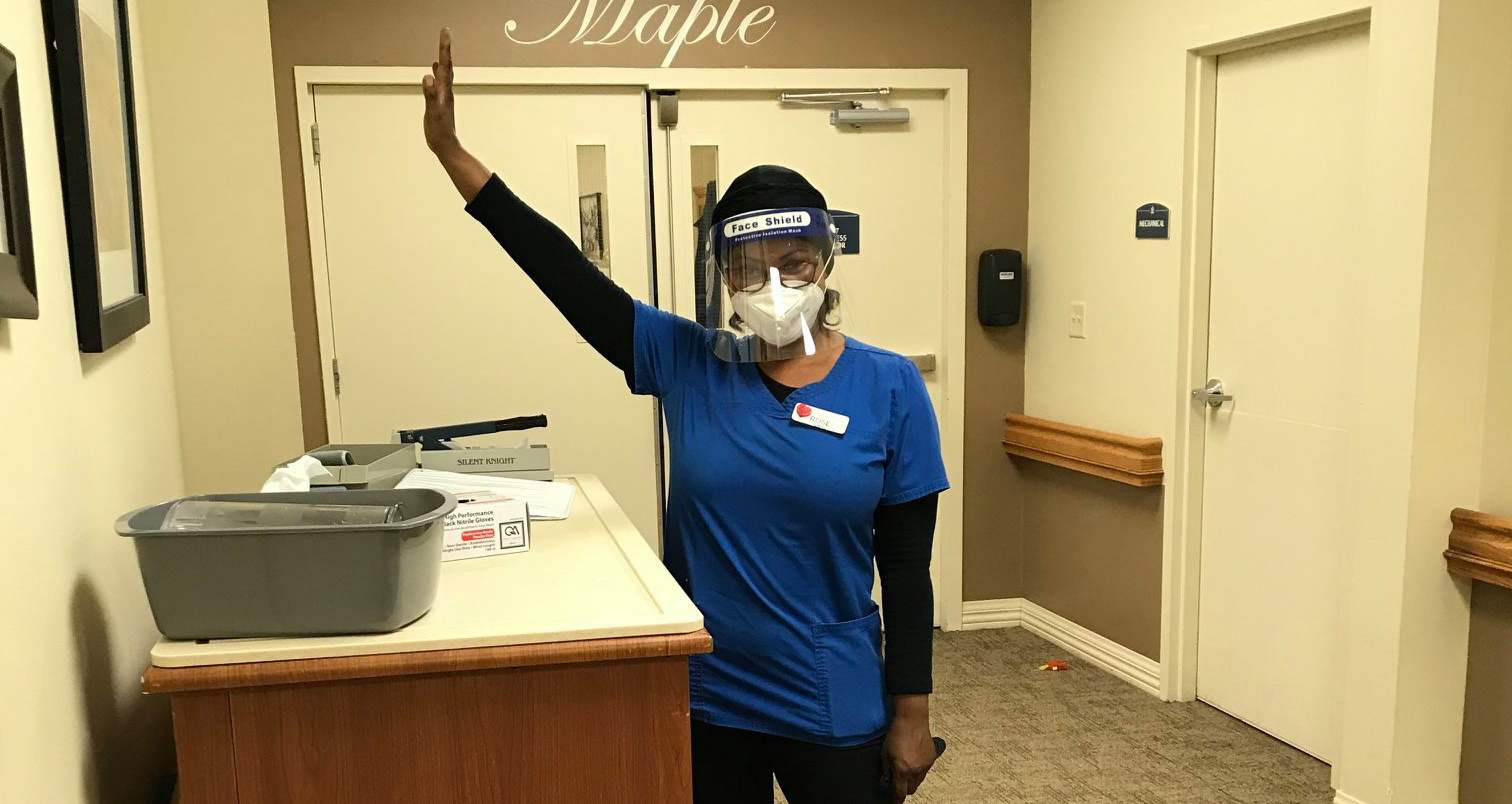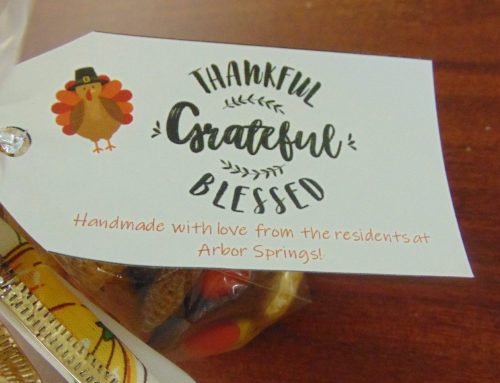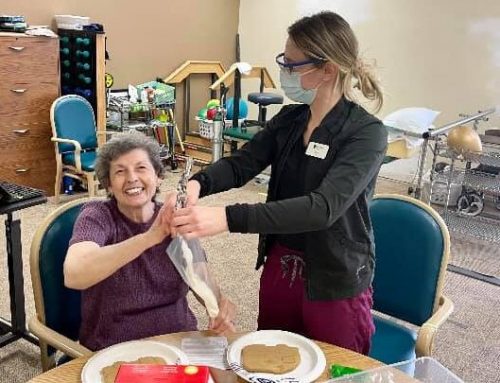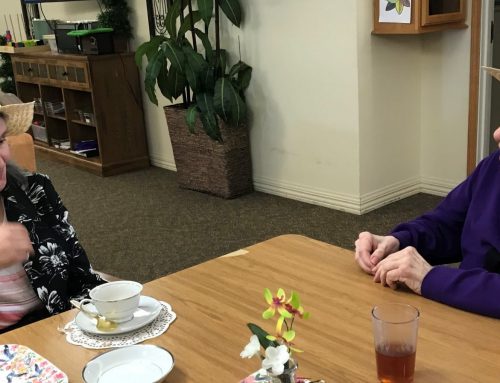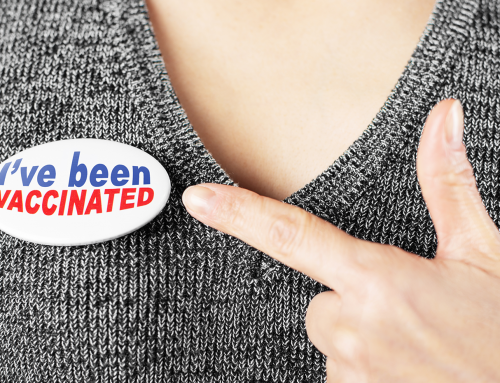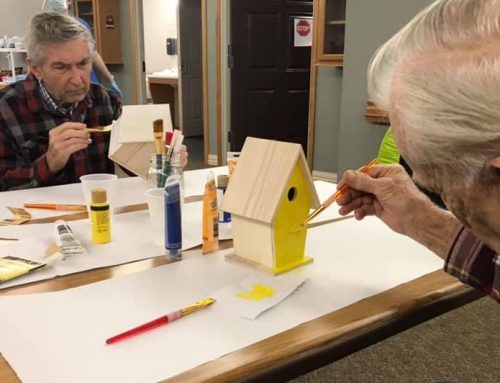While this time has been difficult for so many, it has especially impacted our senior community and those in long-term care. I’ve talked a lot about how COVID-19 has presented unique and challenging issues around caring for older adults and, in particular, those with memory loss.
The role of caregiver can often be overwhelming, even with professional in-home help or the support of living in a long-term care community. Apart from the stress of managing a loved one’s care, many additional responsibilities arise in these circumstances. When these are complicated by something like COVID-19, it is understandable that you might need a little extra help and guidance.
I want to share a few insights about what to look out for in these particular circumstances. Knowing what to ask and how to assess a loved one’s care is essential for maintaining a safe and healthy environment. Here are some tips on how to address the proper precautions and other guidelines to keep in mind while managing your loved one’s long-term care during this global health crisis.
At Home
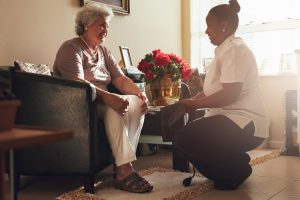 It is very common to have in-home health professionals assist with the care of an older loved one, especially if they have or are beginning to experience memory challenges. One of the demands of in-home care is to monitor and manage the logistics of these services. This can quickly become overwhelming with the added attention to detail required by COVID-19 measures.
It is very common to have in-home health professionals assist with the care of an older loved one, especially if they have or are beginning to experience memory challenges. One of the demands of in-home care is to monitor and manage the logistics of these services. This can quickly become overwhelming with the added attention to detail required by COVID-19 measures.
Here are some things to watch for when overseeing in-home care for your loved one during this time. While these tips aren’t all-inclusive and everyone’s situation is different, this is an excellent place to start in my experience:
- Ensure in-home professionals are taking precautions:
- Check that your in-home care providers are following proper protocols. You may want to call them and ask about their precautionary measures.
- If you can, have in-home care and medical personnel take their temperatures before seeing your loved one.
- These are professionals; however, stress can create distractions, and no one is perfect. When they arrive at your home, check that they are following all health and safety precautions, such as handwashing and wearing a mask.
- Don’t take unnecessary risks:
- Cancel nonessential medical and other appointments.
- Be sure you are exploring all telehealth options with your loved one’s doctor, hospital, and other health professionals.
- Take the appropriate steps yourself:
- Clean and regularly disinfect highly contaminable surfaces.
- Wash your hands, wear a mask, and follow other personal protective measures.
- Be mindful of your loved one’s condition:
- Make sure you remind them of the pandemic’s seriousness and actions they must take to stay safe.
- If they reject wearing a mask, don’t put them in situations where they may need one.
- Communicate with friends and family to reinforce the importance of keeping your high-risk loved one safe. Don’t let anyone around them unless you fully understand their condition and feel completely comfortable. However, we do not recommend having any contact closer than 10 feet and to wear a mask at all times, regardless of perceived health or conditions.
In A Community
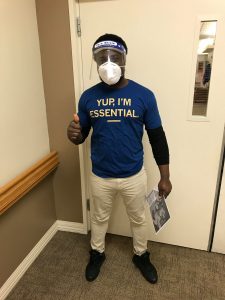 It is important that you fully understand the safety guidelines and precautions being taken at long-term care communities during this health crisis. If your loved one is with us at Arbor Springs and you are unaware of the steps we are taking to ensure their safety, please contact us. We’d love to share what we are doing to keep infection control front and center.
It is important that you fully understand the safety guidelines and precautions being taken at long-term care communities during this health crisis. If your loved one is with us at Arbor Springs and you are unaware of the steps we are taking to ensure their safety, please contact us. We’d love to share what we are doing to keep infection control front and center.
Whether your loved one is a part of Arbor Springs or another long-term care community, it is essential that you touch base with the professionals caring for them. It is vital to ensure proper care standards are being adhered to and that you fully understand them. Here are a few things to put on your checklist:
- Ensure your community is following guidelines. Many guidelines and precautions have been put in place at the federal, state, and local levels. Verify that your community is following these measures as well as practicing things like social distancing and wearing appropriate protective gear. Also, check that they are administering tests and screenings when available and warranted.
- Communicate with the staff members, community members, and loved ones. Communication is key to effective care and treatment. A little extra coordination can go a long way.
- Follow all community guidelines and continue to keep yourself safe. These are in place to protect everyone. Breaking them can create an unsafe situation. Stay updated with both our measures and precautions as well as federal, state, and local mandates.
- Make sure your loved one is still getting the everyday care that they require. Here at Arbor Springs, we have continued to offer engaging activities such as:
- Gardening (We are harvesting radishes already!)
- Singing & Dancing
- Restorative Therapy
- Art, Reading, and Music
- Manicures, Makeovers, & Hairstyling
- Residents Taking Care of the Babies in Evergreen and Birch
- Sunday Devotion Time
It is essential that your loved one continues to engage in activities with proper precautions. Continued activity and a familiar regular schedule are crucial during stressful times, particularly for those suffering from memory loss.
- Update your contact information so you are easy to reach. Be sure someone is serving as a point person for dealing with the community. In these uncertain times, make backup plans in case that point person is sick or has to self-isolate.
- Enjoy the feeling of trust in your loved one’s community. Most of our families at Arbor Springs can trust us to do our very best. We are a team and shoulder a lot of the stress required to deal with these intense times. If you feel secure, allow it, and take some of the pressure off yourself.
You Are The Most Important Part
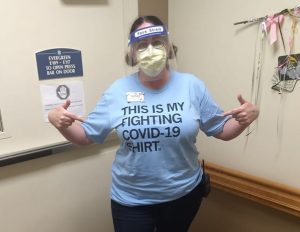 You know your loved one best and have a relationship with them that is much different and more personal than ours. Your connection and insight are essential to see the full picture of care for them. To ensure their needs are met and that they receive the best care possible, please contact us anytime, either by phone or email.
You know your loved one best and have a relationship with them that is much different and more personal than ours. Your connection and insight are essential to see the full picture of care for them. To ensure their needs are met and that they receive the best care possible, please contact us anytime, either by phone or email.
We are always here to help, and if you have any questions about our response or how we are protecting your loved one, don’t hesitate to reach out.

